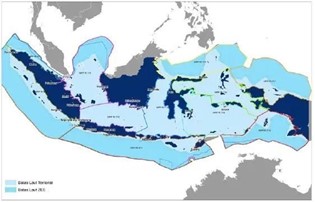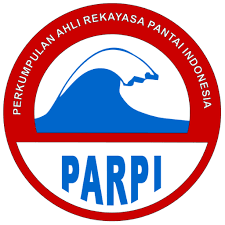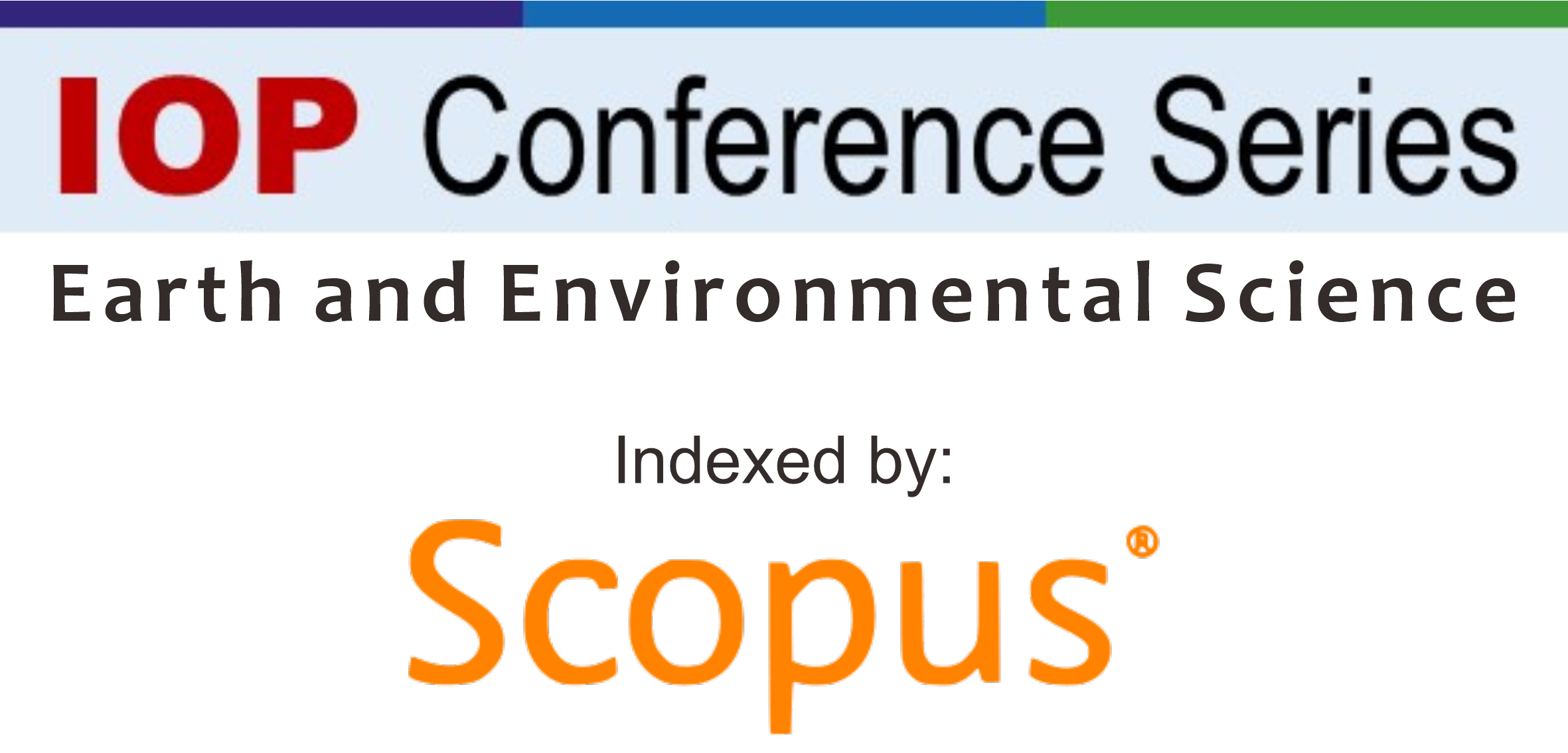IMPLEMENTATION OF BLUE ECONOMY IN INDONESIA USING BIG DATA TECHNOLOGY
DOI:
https://doi.org/10.62012/sensistek.v6i2.31735Keywords:
Kata Kunci : Big Data, Ekonomi Biru, Pembangunan Berkelanjutan, Sumber Daya LautAbstract
The blue economy has recently become an important issue because healthy oceans provide jobs and food, support economic growth, regulate climate and support the well-being of coastal communities. The blue economy concept of marine and coastal resources is seen as a vital asset that can deliver long-term economic benefits if managed wisely. In the context of sustainable development, the blue economy concept offers sustainable and comprehensive solutions in the management of marine and coastal resources. However, implementing this concept requires strong commitment from all stakeholders, as well as full policy and regulatory support to ensure success. One of the key elements that has emerged as a solution to realizing the concept of a green economy is Big Data technology. Big Data technology allows the collection, storage, analysis and use of very large amounts of data at extraordinary speeds. In the marine and fisheries context, the use of Big Data technology opens up great opportunities in many different aspects of implementing the blue economy concept. The collection and analysis of big data enables more sophisticated monitoring of the marine environment, climate change, fish movements and other maritime activities. This research uses a descriptive approach with a literature study research method used to collect relevant and significant data by detailing information from various literature sources. The data obtained from this desk research method includes books, reports, documents, and research results that have been published in journals that have gone through a peer review process. These data sources include reports and documents published by government agencies and national and international organizations. This approach focuses on the sustainable use of resources, taking into account relevant environmental and social aspectsDownloads
References
Dewan Kelautan Indonesia. (2012). Kebijakan Ekonomi Kelautan dengan Model Ekonomi Biru
[Dokumen].
Sutradjo, S.C, 2012. “KKP ajak dunia pendidikan kembangkan Blue Economy”
http://puskita.kkp.go.id/i2/index.ph p/siaran-pers/69-kkp-ajak-duniapendidikan-kembangkan-blueeconomy. [3]
Pauli, G. 2010. The blue economy. Paradigm Publications. Meksiko. 336 p.
World Bank. (2021). Oceans for Prosperity. World Bank.
https://openknowledge.worldbank.org/handle/10986/35377
A. Erraissi, A. Belangour, and A. Tragha, “A Big Data Hadoop building blocks comparative study,” Int. J.
Comput. Trends Technol., vol. 48, no. 1, pp. 36–40, 2017, doi: 10.14445/22312803/ijctt-v48p109.
Kementrian Kelautan dan Perikanan, “KKP Catat Kinerja Positif di Semester Pertama,” 2019. kkp.go.id.
Lee, E. M. J. and O’Malley, K. G. “Big Fishery, Big Data, and Little Crabs: Using Genomic Methods to
Examine the Seasonal Recruitment Patterns of Early Life Stage Dungeness Crab (Cancer magister) in the
California Current Ecosystem,” Front. Mar. Sci., vol. 6, no. January, pp. 1–11, 2020, doi:
3389/fmars.2019.00836.
Song, Y. dan Zhu, K. “Fishery internet of things and big data industry in China,” Proc. - 2019 Int. Conf.
Mach. Learn. Big Data Bus. Intell. MLBDBI 2019, 2019, doi: 10.1109/MLBDBI48998.2019.00041.
A. Ashury and S. Suyono, “Study of the Shipping Flow of the Pattumbukang Ferry Port, Selayar Islands Regency South Sulawesi”, Journal of Maritime Technology and Society, vol. 2, no. 2, pp. 31-36, Jun. 2023.
Hsu, C. F. “Cross-Matching VIIRS Boat Detections With Vessel Monitoring System Tracks in Indonesia,” vol. 11, no. 9, pp. 1–26, 2019, doi: 10.3390/rs11090995.
M. Riyadi, I. Ilham, and S. Hadi, “Analysis of Economic and Environmental Feasibility of Using Biodiesel as an Alternative Fuel for Fishing Vessels in Indonesia”, Journal of Maritime Technology and Society, vol. 2, no. 3, pp. 96-101, Oct. 2023.













